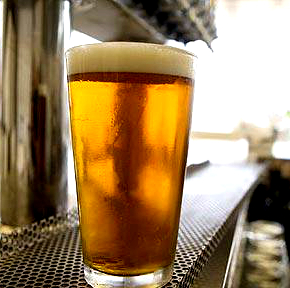Boozy boomers warned
 Research shows more baby boomers are hitting the booze at risky levels.
Research shows more baby boomers are hitting the booze at risky levels.
A new analysis has found that between 2004 and 2016, the proportion of risky drinkers (defined as 5 to 10 standard drinks on a single occasion at least once a month) increased from 13.4 per cent to 13.5 per cent, and the proportion of high-risk drinkers increased from 2.1 per cent to 3.1 per cent.
“The rising prevalence of risky drinking therefore cannot be attributed solely to increasing numbers of older people,” researchers from the National Centre for Education and Training on Addiction at Flinders University wrote.
“Although the increases in the proportions of risky and high-risk drinkers are small, they nevertheless correspond to an additional 400,000 people drinking at potentially problematic levels.
“Specific characteristics of ‘baby boomers’ (people born 1946 to 1964) may be important contributors to the changing pattern of consumption, which is in stark contrast to the significant decrease in risky drinking among people aged 12 to 24 years during the same period.”
The authors called on GPs to use “short, opportunistic counselling and information sessions that motivate behavioural change”.
They also suggested that improved education for doctors about “patterns and drivers of alcohol consumption by older people” be a priority, particularly in regard to the unique needs and characteristics of older patients.
“Older people are vulnerable to a range of alcohol-related adverse effects, including falls and other injuries, diabetes, cardiovascular disease, cancer, mental health problems, obesity, liver disease, and early onset dementia and other brain injury,” the researchers wrote.
“Age-appropriate resources and techniques for clinical practice are also required for encouraging low-risk drinking in more vulnerable groups of older people, and for minimising the risks of alcohol-related harm,” they concluded.








 Print
Print